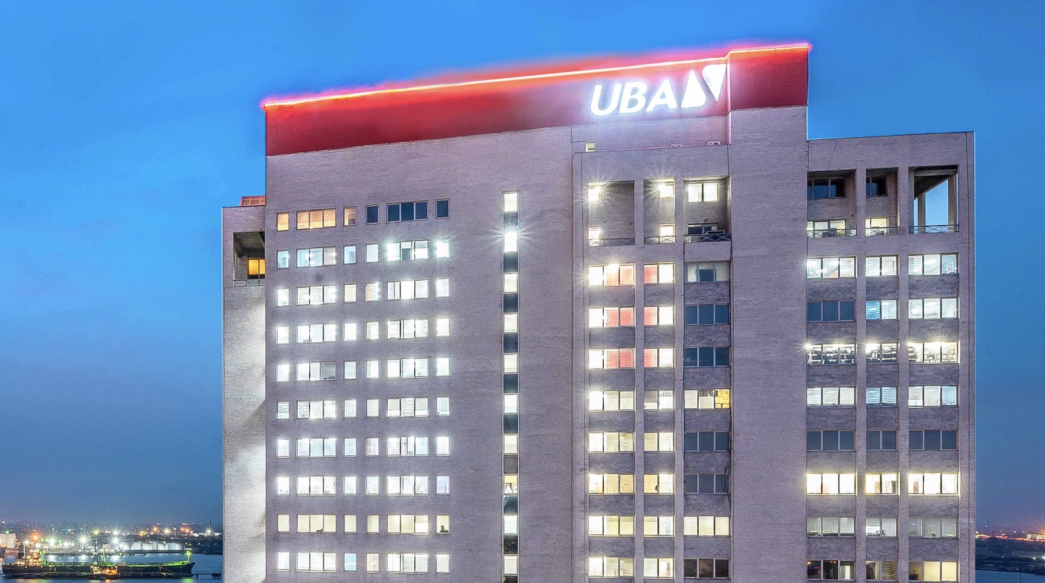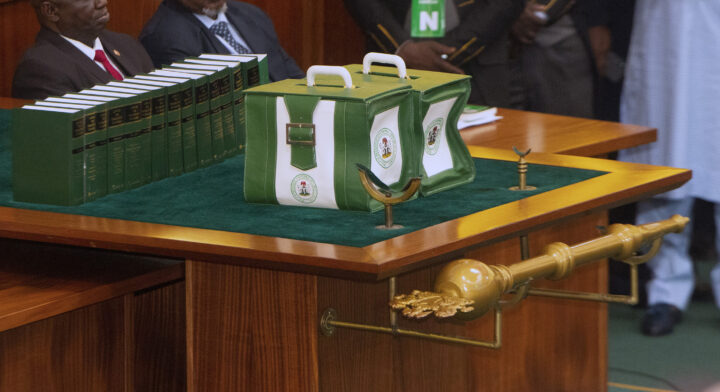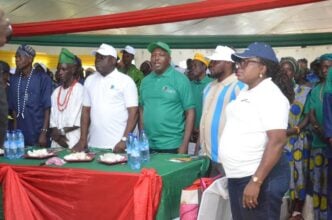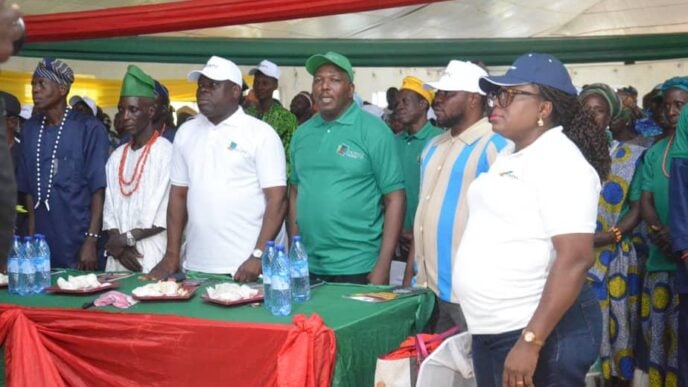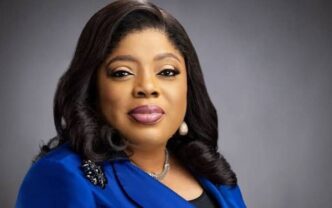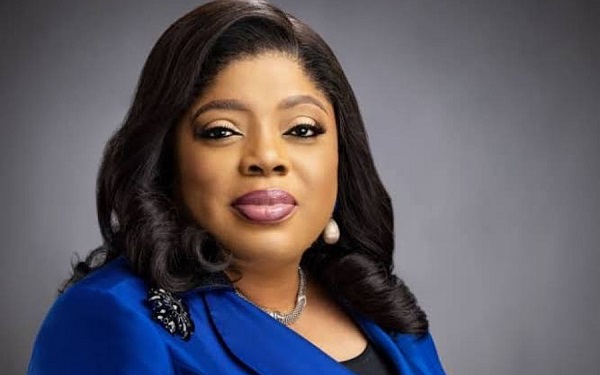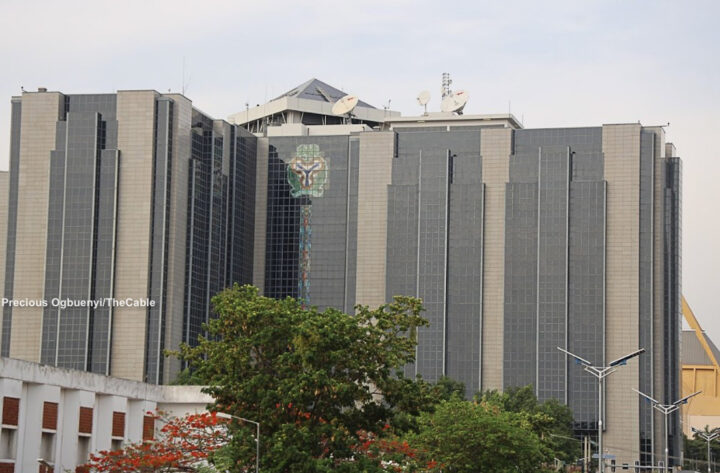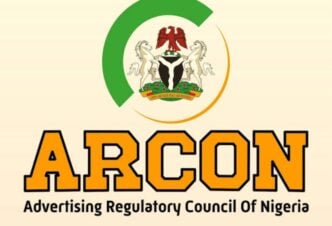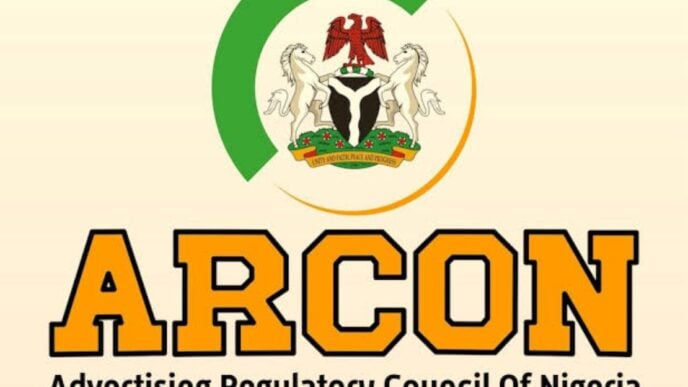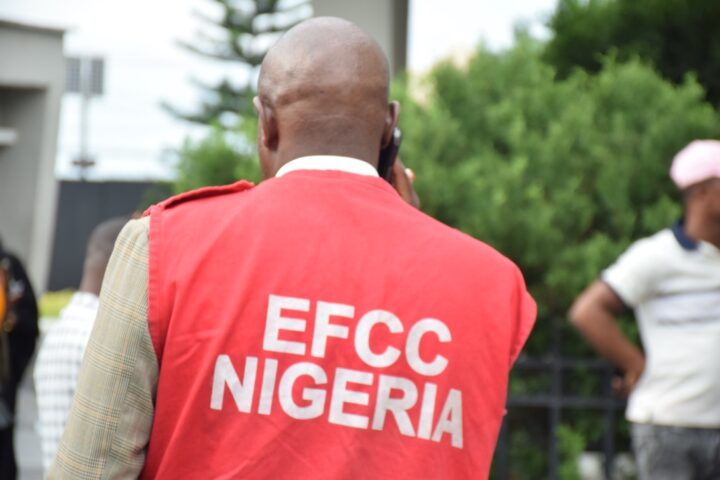Brand Finance, a UK-based brand valuation consultancy, says the United Bank for Africa (UBA) is the strongest Nigerian brand in 2025.
In its report, titled ‘The Nigeria 25 2025’, the organisation said the ranking reflects significant changes in the country’s leading brands, with banking brands climbing the ranks to dominate the top 10.
“This demonstrates a growing recognition of the sector’s resilience and adaptability, particularly as financial services play an increasingly crucial role in driving Nigeria’s economy forward,” Brand Finance said.
“United Bank for Africa has risen from ninth position in 2024 to become the strongest Nigerian brand in 2025, with a BSI score of 92.4/100 and a corresponding AAA+ rating, the highest accolade for brand strength awarded by Brand Finance.”
Advertisement
According to the firm, UBA excels in key research metrics, achieving high scores in brand familiarity, preference, and consideration, signalling strong consumer trust and loyalty.
“Notably, the bank scores exceptionally well on price acceptance, outperforming other leading African peers – such as Capitec in South Africa and Equity Bank in Kenya – on this metric,” the consultancy firm said.
“Over the past year, UBA has prioritized digital banking, innovation, and technology investments, which are essential drivers of brand strength in Africa’s banking sector.
Advertisement
“The focus is aimed at improving the customer experience and enhancing engagement with consumers in the future.”
The report also highlighted that First Bank of Nigeria (FBN) advanced from 11th position to second for brand strength, “noting a BSI score of 92.1/100 and a corresponding AAA+ rating”.
“The bank excels across key metrics, including familiarity, reputation, consideration, and preference,” Brand Finance said.
“This improvement reflects its focus on innovation, digital transformation, and delivering exceptional customer experiences. First Bank’s strategic initiatives have enhanced its market position and brand perception, reinforcing its leadership in the sector.
Advertisement
“GTCO has fallen from first to third place in brand strength, despite a slight increase in its BSI score to 89.5/100.”
Access Bank climbed to fourth place, rising from 12th in 2024, “driven predominantly by improved performance across key research metrics”.
‘ACCESS BANK IS MOST VALUABLE NIGERIAN BRAND’
The firm said in 2025, Access Bank retained its position as the most valuable Nigerian brand for the fourth consecutive year, having more than doubled its brand value to N893.3 billion.
Advertisement
“Dangote Cement (brand value up 74% to NGN562.5 billion) holds second place, supported by robust profits and a commanding market presence, while GTCO (Guaranty Trust Holding Company) rises to third, nearly tripling its brand value to NGN524.7 billion,” the organisation said.
“Other top banks show solid performances. Zenith Bank (brand value up 80% to NGN454.8 billion) retains fourth, United Bank of Africa (UBA) (brand value up 58% to NGN341 billion) drops to sixth, and First Bank of Nigeria (brand value up 168% to NGN289 billion) remains in seventh position, all demonstrating resilience despite inflation and currency volatility.”
Advertisement
The report indicated that Flour Mills Nigeria dropped to fifth place — despite a 40 percent increase in brand value to N452.9 billion.
“The brand reported strong revenue growth for 2024, driven by higher sales across its food, agro-allied, and sugar businesses, even in the face of Nigeria’s tough macroeconomic environment,” Brand Finance said.
Advertisement
“Further down the top 10, BUA Cement (brand value up 63% to NGN138.7 billion) rises to ninth place, while banking brand Stanbic IBTC (brand value up 206% to NGN229.5 billion) climbs from 13th to eighth position.”
The report noted that Glo Mobile rose by five places, entering the top 10 after its brand value increased by 138 percent to N130.4 billion.
Advertisement
The consultancy firm also said Hero Lager, with its brand value down by 51 percent to N42.1 billion, “has dropped from ninth rank to 20th in 2025, reflecting a decline in the Nigerian alcoholic drinks market”.

